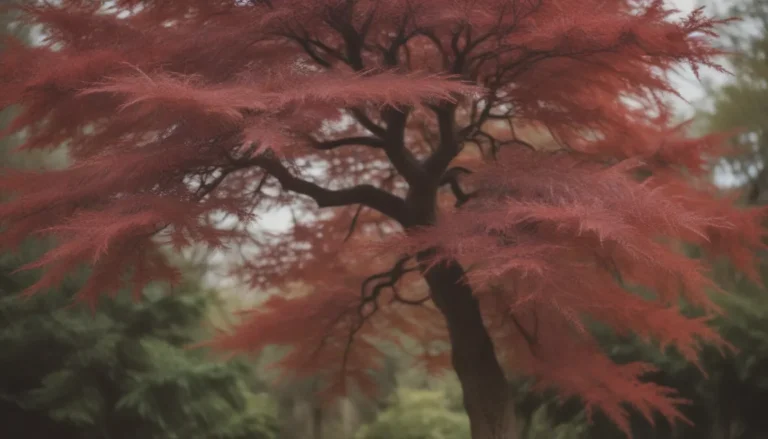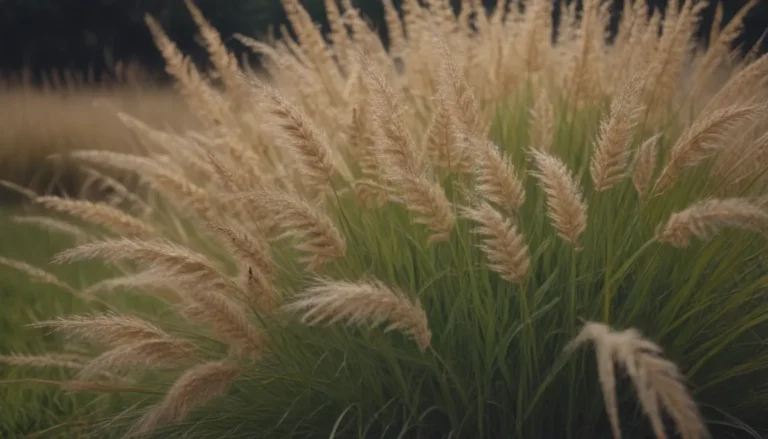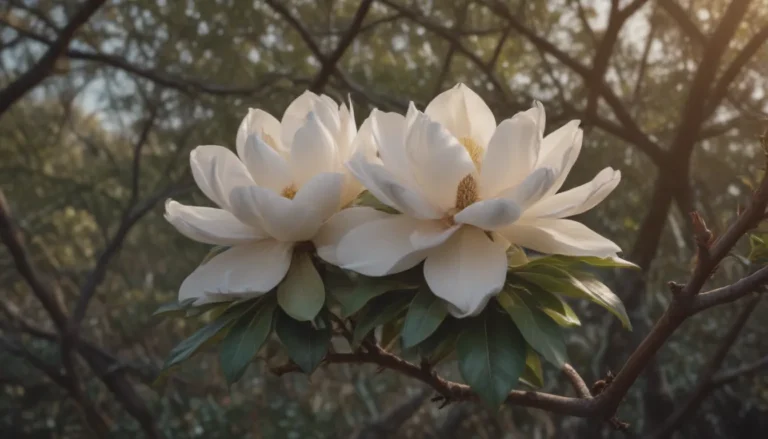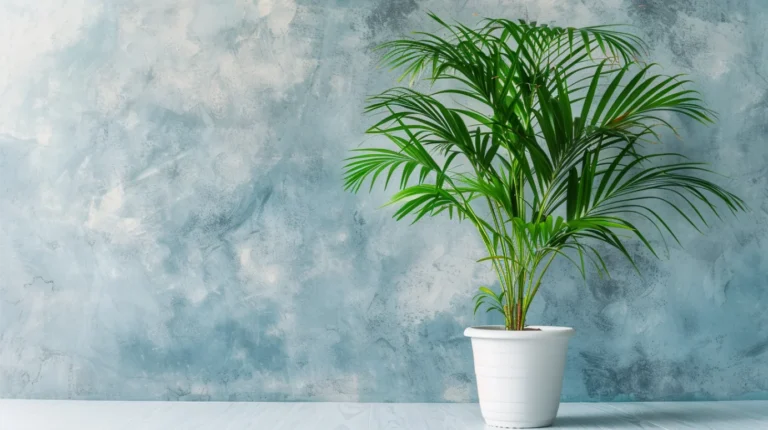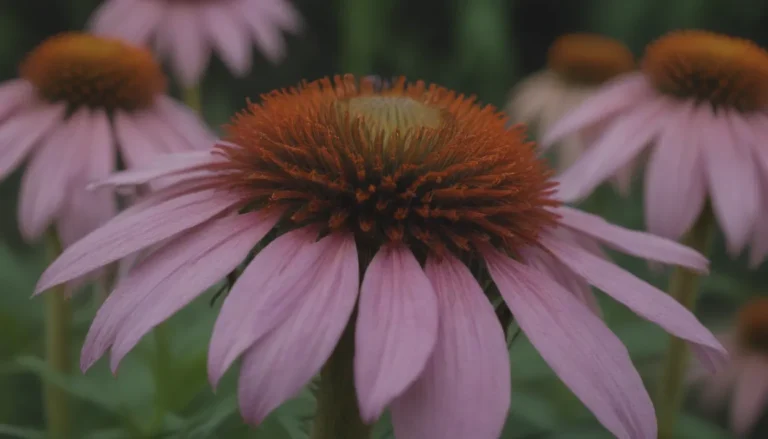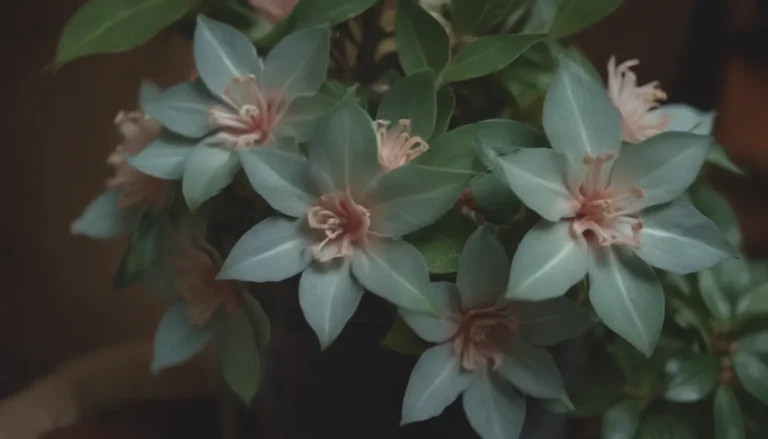The Ultimate Guide to Fragrant Plants for Your Garden
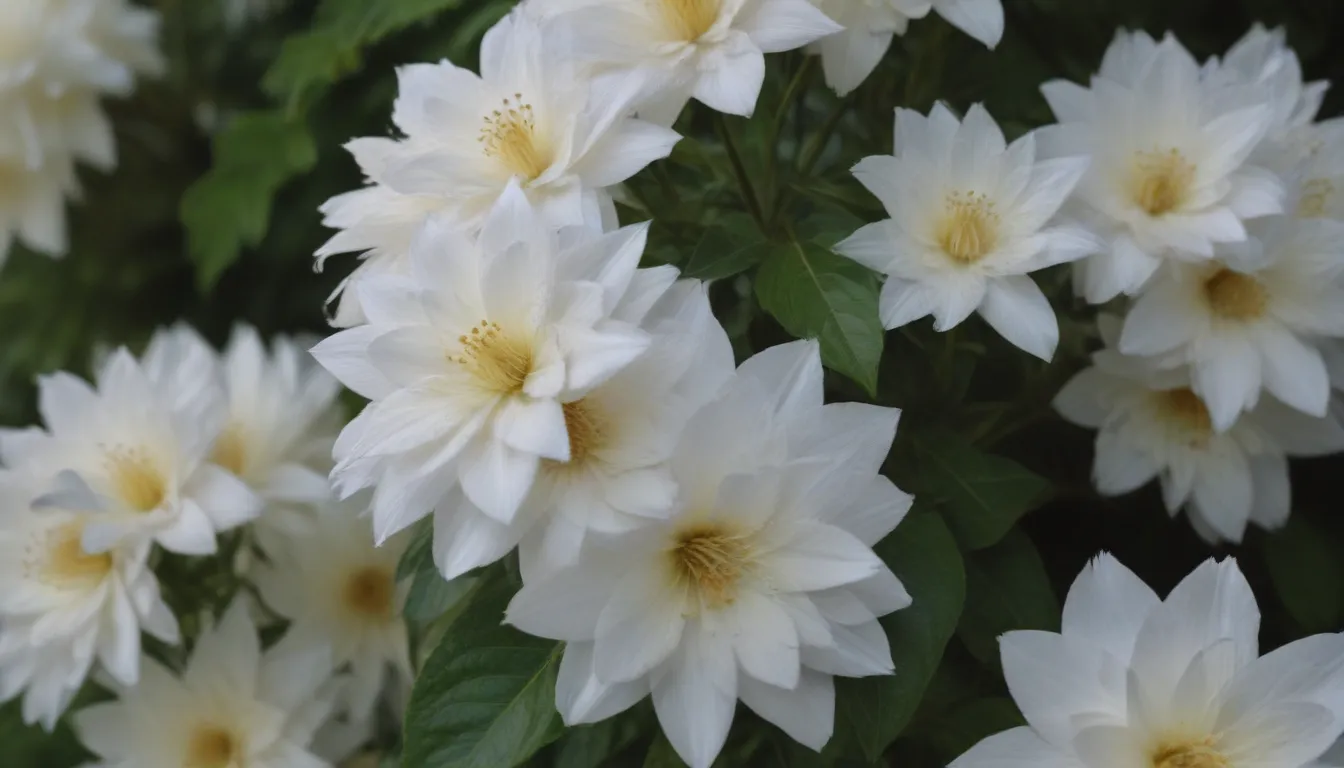
When it comes to creating a delightful outdoor space, adding sweetly scented plants can elevate the ambiance and make your backyard a true oasis. Forget about artificial fragrances like candles and citronella — we’re talking about natural scents that will remind you and your guests why spending time outdoors is so enjoyable. The best part? Many of these plants have intensified fragrances at night, making them perfect for relaxing under the stars. Let’s dive into the world of fragrant plants and explore the top picks for your garden.
Why Choose Fragrant Plants?
What makes a plant’s fragrance appealing or even intoxicating is highly subjective. Some people prefer a lovely, sweet scent, while others lean towards something more spicy and musky. Whether you’re hosting a garden party or simply unwinding after a long day, the aroma of fragrant plants can enhance your outdoor experience. Let’s explore the top 10 best-smelling plants that you can add to your garden.
1. Angel’s Trumpet
- Botanical name: Brugmansia
- Details: This beautiful shrub or tree thrives when planted under eaves, against walls, or over fences. Angel’s trumpet produces stunning trumpet-shaped flowers that emit a sweet scent, especially in the evening. Perfect for creating a fragrant oasis in your garden.
- Zones: 9-11
2. Jasmine
- Botanical name: Jasminum
- Details: Jasmine is available in various scented varieties, such as Italian jasmine and Arabian jasmine. These fragrant flowers are perfect for climbing vines or as standalone plants. Create a tropical paradise in your garden with the sweet aroma of jasmine.
- Zones: 7-9
3. Plumeria
- Botanical name: Frangipani, Pua Melia
- Details: Plumeria, also known as Frangipani, is a tropical flowering plant that brings a touch of Hawaii to your garden. With scented varieties like ‘Kauka Wilder’ and ‘Smith’s Candystripe’, plumeria is ideal for poolside or spa-side planting.
- Zones: 9-11
4. Honeysuckle
- Botanical name: Lonicera japonica
- Details: This vigorous climber produces fragrant white flowers that attract hummingbirds and butterflies. Honeysuckle is a versatile plant that thrives in sun or partial shade. Enjoy the sweet scent of honeysuckle blooms in your garden.
- Zones: 6-9
5. Dianthus
- Botanical name: Dianthus
- Details: Dianthus, also known as “pinks”, are perennial favorites in English and European gardens. Varieties like ‘Doris’ and ‘Candy Floss’ produce papery-thin, variegated flowers that bloom repeatedly when deadheaded. Add a touch of elegance and fragrance to your garden with dianthus.
- Zones: 3-9
6. Gardenia
- Botanical name: Gardenia augusta, G. grandiflora, or G. jasminoides
- Details: Gardenias are synonymous with scented plants, thanks to their intoxicating fragrance. These shrubs produce creamy satiny flowers that emit a captivating scent, making them a favorite among gardeners. Cultivars like ‘Fortuniana’ and ‘Chuck Hayes’ are popular choices for gardenia lovers.
- Zones: 8-11
7. Mandevilla
- Botanical name: Mandevilla
- Details: Also known as Rocktrumpet, Mandevilla is a fast-growing shrub or vine that blooms from spring to frost. With a scent reminiscent of gardenia, Mandevilla adds a tropical flair to your garden. Cultivars like ‘Alice du Pont’ and ‘Magic Trio’ are top picks for this fragrant plant.
- Zones: Through zone 11
8. Roses
- Botanical name: Rosa
- Details: No list of fragrant plants is complete without mentioning roses. These legendary flowers come in various scents and colors, making them a versatile choice for any garden. Keep in mind the thorns when planting rose bushes in high-traffic areas.
- Zones: Varies
9. Jewel Mint of Corsica
- Botanical name: Mentha requienii
- Details: This Mediterranean native is a low-growing mint ground cover with a minty aroma when touched. Jewel Mint of Corsica is perfect for filling in between pavers or stepping stones, adding both fragrance and beauty to your garden.
10. Flowering Tobacco
- Botanical name: Nicotiana
- Details: Despite its name, flowering tobacco is a fragrant plant with pink, white, or light green flowers that open at night. Varieties like ‘Grandiflora’ and ‘N. sylvestris’ emit a sweet scent that attracts pollinators. Grow flowering tobacco as an annual in many zones for long-lasting fragrance.
- Zones: 10-11
Additional Fragrant Plants to Consider
In addition to the top 10 best-smelling plants mentioned above, consider adding these fragrant plants to your garden for an even more aromatic experience:
– Phlox: A colorful bloomer with a spicy-vanilla clove scent that thrives in both sun and shade.
– Angel’s Trumpet: Emitting a sweet scent in the evening, this plant is perfect for creating a fragrant oasis.
– Jasmine: Create a tropical paradise with the sweet aroma of jasmine climbing vines.
– Plumeria: Bring a touch of Hawaii to your garden with scented varieties like ‘Kauka Wilder’ and ‘Smith’s Candystripe’.
– Honeysuckle: Attract hummingbirds and butterflies with the fragrant white flowers of this vigorous climber.
– Dianthus: Add elegance and fragrance to your garden with papery-thin, variegated flowers that bloom repeatedly.
– Gardenia: Enjoy the intoxicating fragrance of creamy satiny flowers produced by these popular shrubs.
– Mandevilla: Add a tropical flair to your garden with a fast-growing vine that emits a gardenia-like scent.
– Roses: Choose from a variety of scented roses to enhance your garden’s fragrance.
Tips for Growing Fragrant Plants
To ensure your fragrant plants thrive and continue to emit their delightful scents, consider the following tips:
– Plant in well-draining soil to prevent waterlogged roots.
– Provide adequate sunlight for optimal growth and fragrance production.
– Water plants regularly to keep the soil moist but not soggy.
– Prune plants after flowering to encourage new growth and blooms.
– Use organic fertilizers to nourish your plants without harsh chemicals.
– Keep an eye out for pests and diseases that may affect your fragrant plants.
Incorporating fragrant plants into your garden can transform your outdoor space into a fragrant paradise. Whether you prefer sweet floral scents or spicy musky aromas, there’s a fragrant plant out there that’s perfect for your garden. Experiment with different varieties and combinations to create a sensory experience that will delight both you and your guests. Happy gardening!
